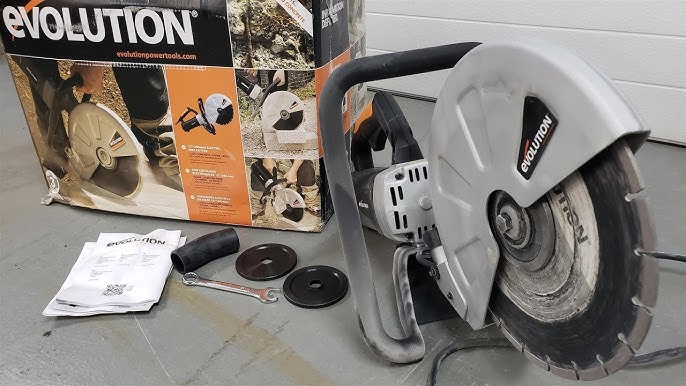Custom Precision Metal Parts: Tailored Engineering for Specialized Applications

In industries requiring accuracy and reliability, custom precision metal parts play a pivotal role. These components are meticulously engineered to meet unique specifications, ensuring optimal performance in specialized applications. From aerospace to medical devices, custom metal parts are indispensable for addressing complex challenges and achieving superior results.
This guide explores the benefits, manufacturing processes, applications, and key considerations for sourcing custom precision metal parts.
What Are Custom Precision Metal Parts?
Custom precision metal parts are highly specialized components manufactured to exacting tolerances. They are tailored to fit specific designs, ensuring compatibility and efficiency in applications where standard parts fall short. These parts are created using advanced machining, forming, and finishing techniques to achieve high accuracy and durability.
Benefits of Custom Precision Metal Parts
1. Tailored Design
- Manufactured to precise dimensions and unique requirements.
- Suitable for complex assemblies and specialized equipment.
2. Enhanced Performance
- Optimized for specific functions, reducing wear and increasing lifespan.
- Provides seamless integration into advanced systems.
3. Material Versatility
- Available in a wide range of metals, including aluminum, stainless steel, titanium, and more.
- Allows for customization based on strength, corrosion resistance, and weight.
4. Reduced Downtime
- Minimizes the need for frequent replacements due to superior quality.
- Ensures reliable operation in critical environments.
5. Cost-Effective Solutions
- Reduces waste by eliminating unnecessary modifications to standard parts.
- Long-term savings through durability and precision fit.
Manufacturing Processes for Custom Precision Metal Parts
1. CNC Machining
- Computer-controlled cutting tools deliver exceptional precision.
- Suitable for complex geometries and tight tolerances.
2. Metal Stamping
- Ideal for high-volume production of custom shapes.
- Produces consistent results with minimal material waste.
3. Laser Cutting
- Offers high accuracy for intricate designs.
- Suitable for creating parts with sharp edges and fine details.
4. Wire EDM (Electrical Discharge Machining)
- Perfect for intricate shapes and hard-to-machine materials.
- Achieves smooth finishes with tight tolerances.
5. Casting and Forging
- Produces durable parts with high strength-to-weight ratios.
- Often used for automotive and aerospace applications.
6. Additive Manufacturing (3D Printing)
- Enables rapid prototyping and production of complex parts.
- Offers flexibility in design iterations and customization.
Applications of Custom Precision Metal Parts
Custom precision metal parts are vital in industries where performance and reliability are critical:
1. Aerospace and Defense
- Engine components, fasteners, and structural supports.
- Designed to withstand extreme temperatures and pressures.
2. Medical Devices
- Surgical instruments, implants, and diagnostic equipment.
- Requires biocompatible materials and micro-precision.
3. Automotive
- Engine components, gears, and braking systems.
- Enhances performance and safety.
4. Electronics
- Housings, connectors, and heat sinks.
- Protects sensitive components and ensures efficient operation.
5. Industrial Machinery
- Gears, bearings, and custom machine parts.
- Optimized for heavy-duty operations and long service life.
Key Considerations for Sourcing Custom Precision Metal Parts
1. Material Selection
- Choose metals that meet your application’s strength, weight, and corrosion resistance requirements.
2. Tolerance Requirements
- Specify the precision level needed for your components to ensure proper fit and functionality.
3. Manufacturing Capabilities
- Partner with manufacturers equipped with advanced machinery and expertise in custom designs.
4. Production Volume
- Determine whether your needs are for prototyping, small batches, or mass production.
5. Quality Assurance
- Ensure the supplier adheres to stringent quality standards, such as ISO certifications.
6. Lead Time
- Plan production timelines to avoid delays in project execution.
The Future of Custom Precision Metal Parts
With advancements in manufacturing technology, custom precision metal parts are becoming more accessible and efficient to produce. Emerging trends like automation, AI-driven design, and eco-friendly materials are set to revolutionize the industry, enabling faster production and sustainable solutions.
Conclusion
Custom precision metal parts are at the forefront of modern engineering, providing tailored solutions for specialized applications. Their versatility, reliability, and precision make them indispensable in a wide range of industries. By understanding your specific needs and partnering with a trusted manufacturer, you can ensure the success of your projects while achieving cost-effective and high-performance results.






